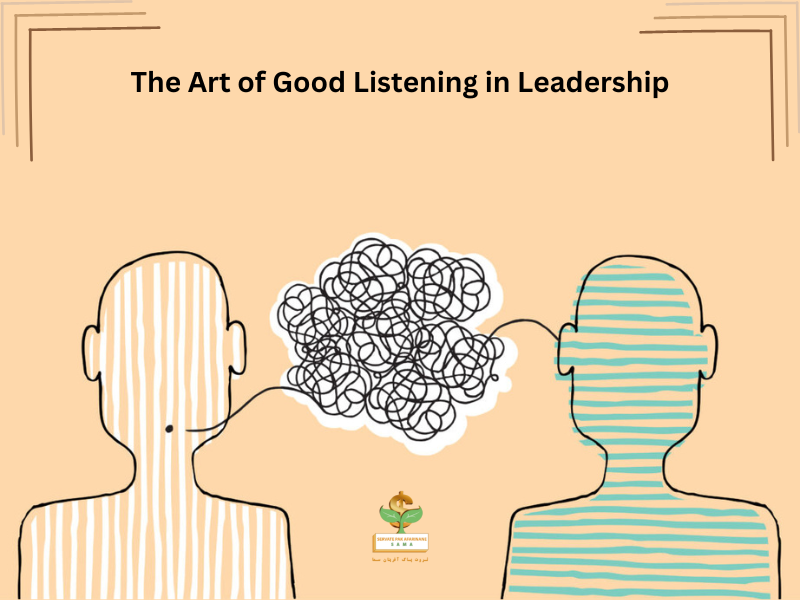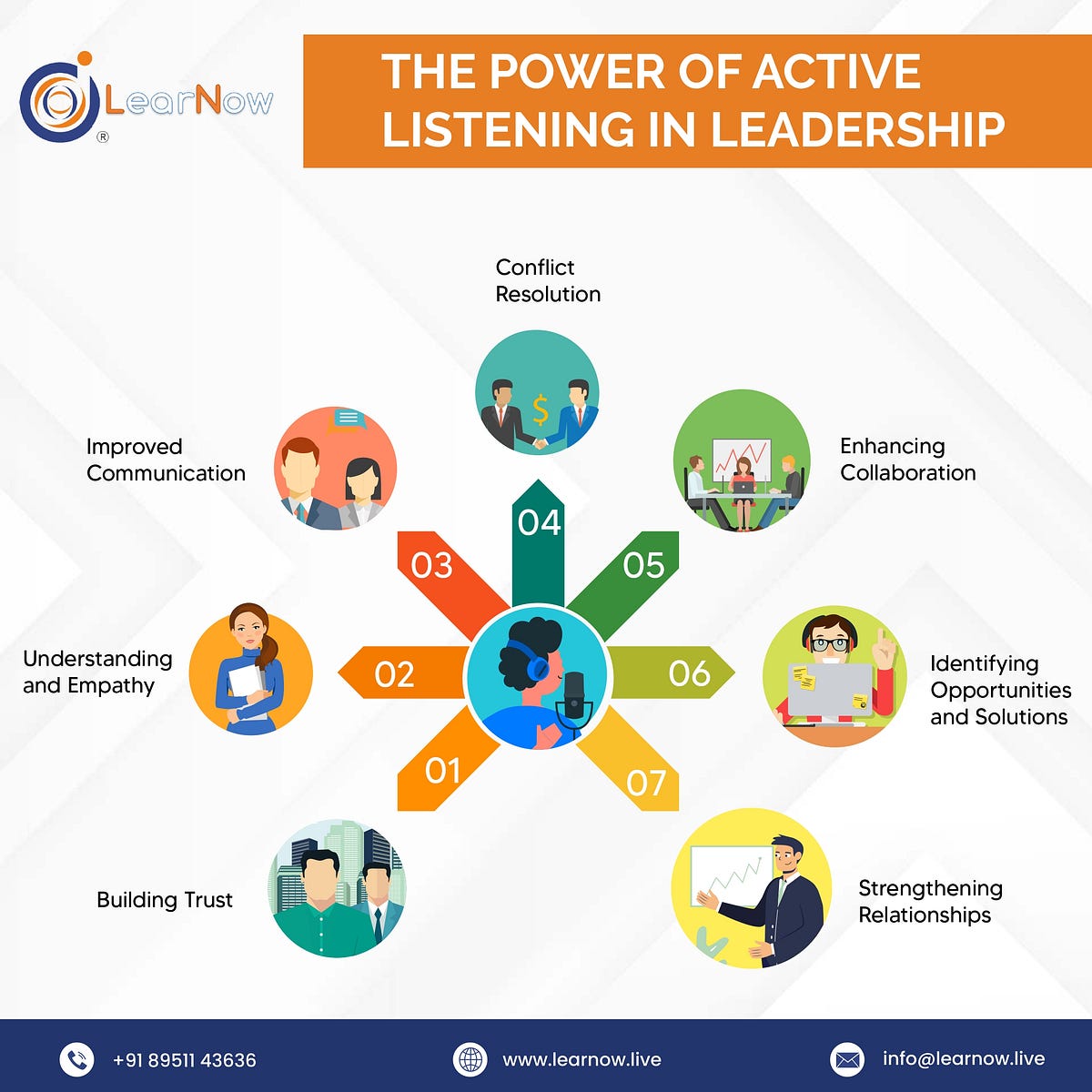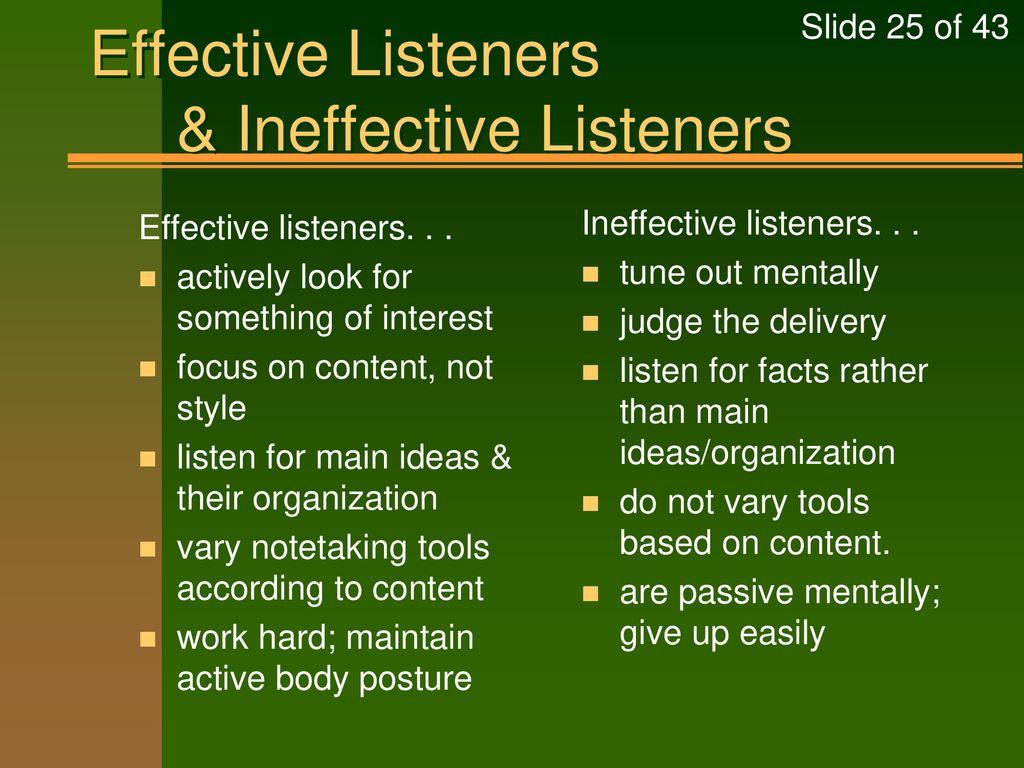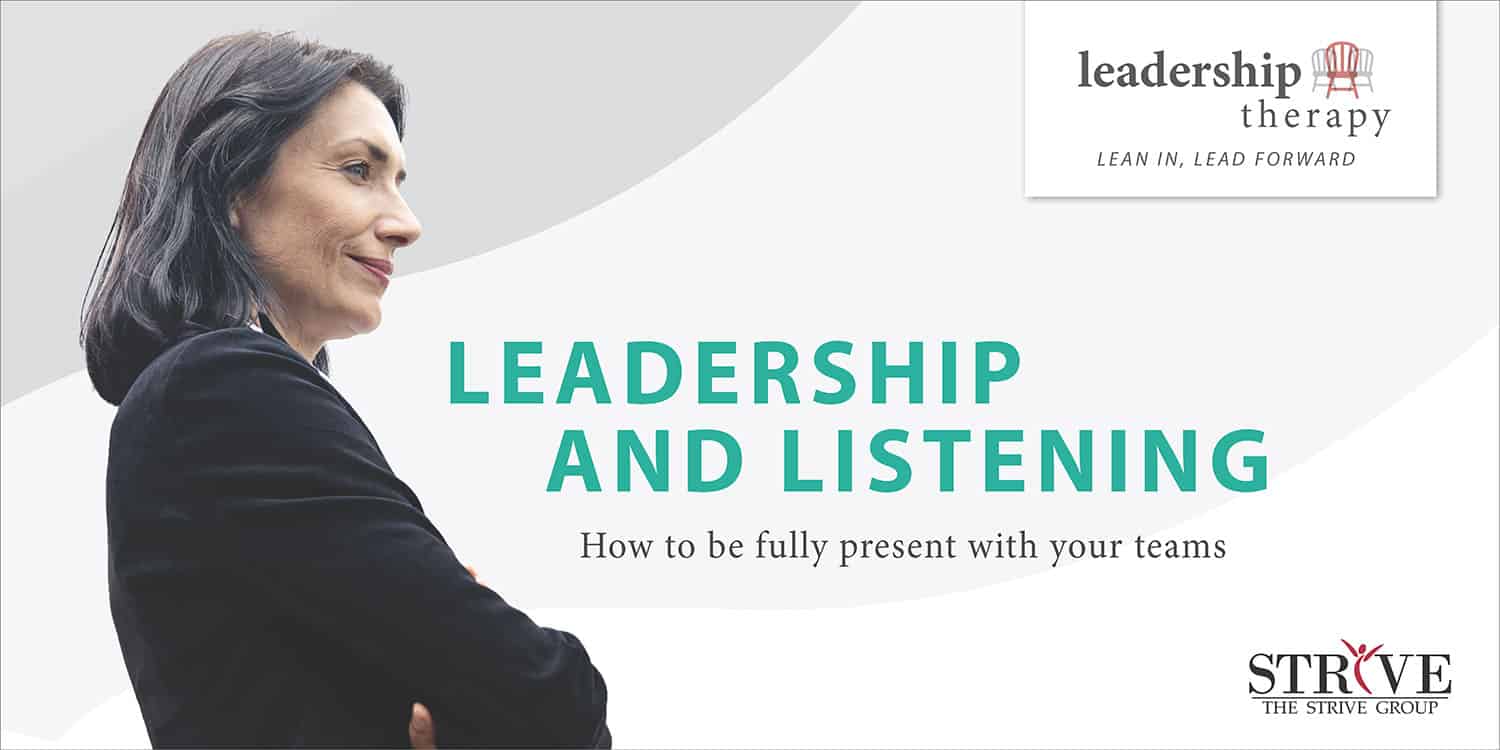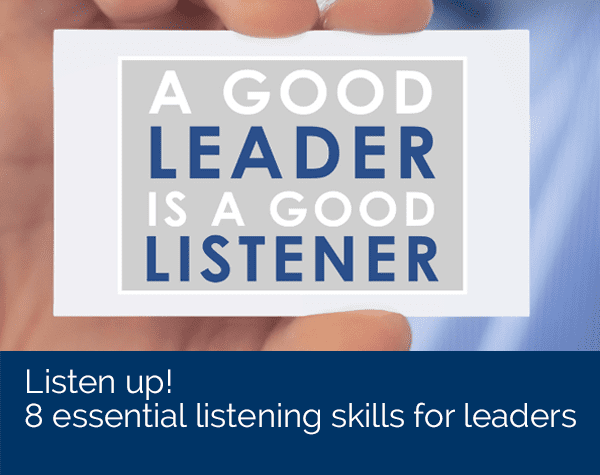Effective Listening And The Leader

In an era defined by rapid communication and complex challenges, the importance of effective listening for leadership has become increasingly apparent. Studies suggest that leaders who prioritize listening foster stronger relationships, encourage innovation, and ultimately achieve better organizational outcomes. But what does effective listening truly entail, and how can leaders cultivate this crucial skill?
This article explores the multifaceted nature of effective listening in leadership. It examines its impact on team dynamics, decision-making, and overall organizational success. By analyzing recent research and expert opinions, we aim to provide a comprehensive overview of how leaders can leverage the power of listening to navigate today's demanding landscape.
The Core Components of Effective Listening
Effective listening extends far beyond simply hearing words. It involves actively engaging with the speaker, understanding their perspective, and responding thoughtfully.
According to Dr. Brenda Jones, a leadership consultant at the Center for Strategic Communication, it requires "genuine empathy, a commitment to understanding, and the ability to suspend judgment." This means creating a safe space for open dialogue and demonstrating a willingness to learn from others.
Key components include paying attention, showing that you are listening, providing feedback, deferring judgment, and responding appropriately. These elements work in synergy to create a conducive environment for meaningful exchange.
The Impact on Team Dynamics and Innovation
When leaders actively listen, employees feel valued and respected. This, in turn, fosters a more positive and collaborative work environment.
A recent study by the Society for Human Resource Management (SHRM) found that companies with strong listening cultures experience higher levels of employee engagement and lower turnover rates. This highlights the direct correlation between listening and employee satisfaction.
Furthermore, effective listening fuels innovation. When team members feel heard, they are more likely to share ideas, challenge assumptions, and contribute to creative problem-solving.
"Listening is the foundation for building trust and fostering a culture of innovation,"notes Professor Michael Chen, a professor of organizational behavior at Stanford University.
Listening and Decision-Making
Sound decision-making hinges on access to accurate and diverse information. Leaders who listen attentively are better positioned to gather comprehensive insights from their teams.
By actively seeking input from various perspectives, leaders can avoid groupthink and make more informed choices. This is particularly crucial in complex situations where different stakeholders may have valuable insights.
Harvard Business Review research suggests that leaders who prioritize listening are less likely to make hasty decisions based on incomplete information. This careful approach can mitigate risks and improve the overall quality of decision-making.
Cultivating Listening Skills: Practical Strategies
Effective listening is not an innate talent but a skill that can be developed and honed. Leaders can employ various strategies to improve their listening abilities.
One effective technique is to practice active listening. This involves focusing intently on the speaker, maintaining eye contact, and summarizing their points to ensure understanding.
Another strategy is to ask clarifying questions. This demonstrates engagement and encourages the speaker to elaborate on their thoughts. Creating dedicated forums for feedback, such as town halls and one-on-one meetings, also provides opportunities for leaders to actively listen and respond to employee concerns.
The Organizational Benefits
The benefits of effective listening extend beyond individual interactions. They permeate the entire organization, creating a more resilient and adaptive entity.
Organizations with listening-focused leaders are better equipped to navigate change, adapt to market demands, and build strong relationships with customers. A study published in the Journal of Applied Psychology showed that organizations with high levels of employee voice and responsiveness outperform their competitors in terms of innovation and customer satisfaction.
Ultimately, effective listening is an investment in organizational success. It strengthens relationships, enhances decision-making, and fosters a culture of innovation and collaboration.
Conclusion
In a world saturated with information, the ability to truly listen stands out as a crucial leadership skill. By embracing the principles of active listening, leaders can cultivate stronger teams, make better decisions, and build more resilient organizations.
The journey to becoming a better listener requires conscious effort and continuous improvement. However, the rewards – stronger relationships, increased innovation, and improved organizational performance – are well worth the investment.
As Peter Drucker, the renowned management consultant, once said,
"The most important thing in communication is hearing what isn't said."This encapsulates the essence of effective listening and its transformative power in leadership.
